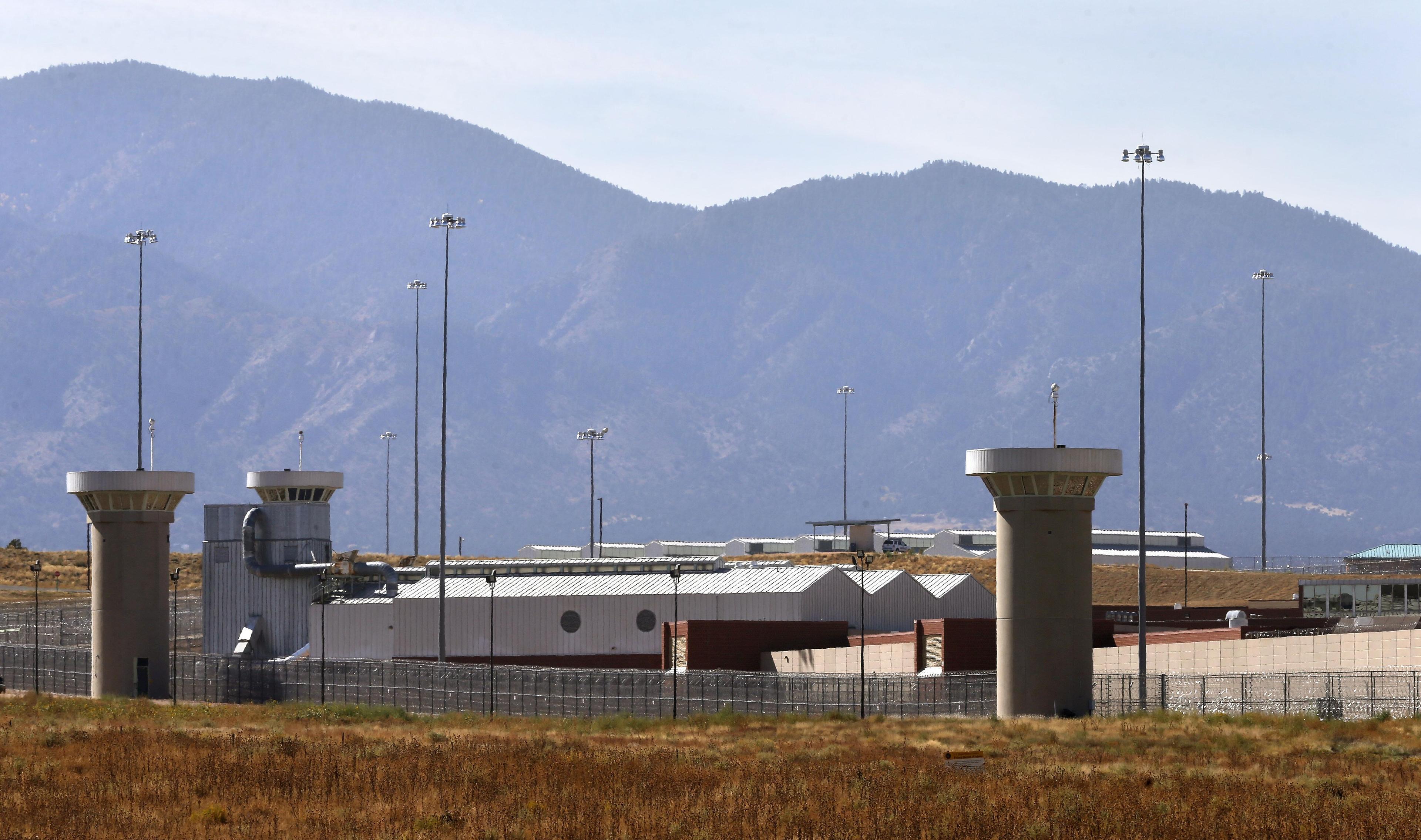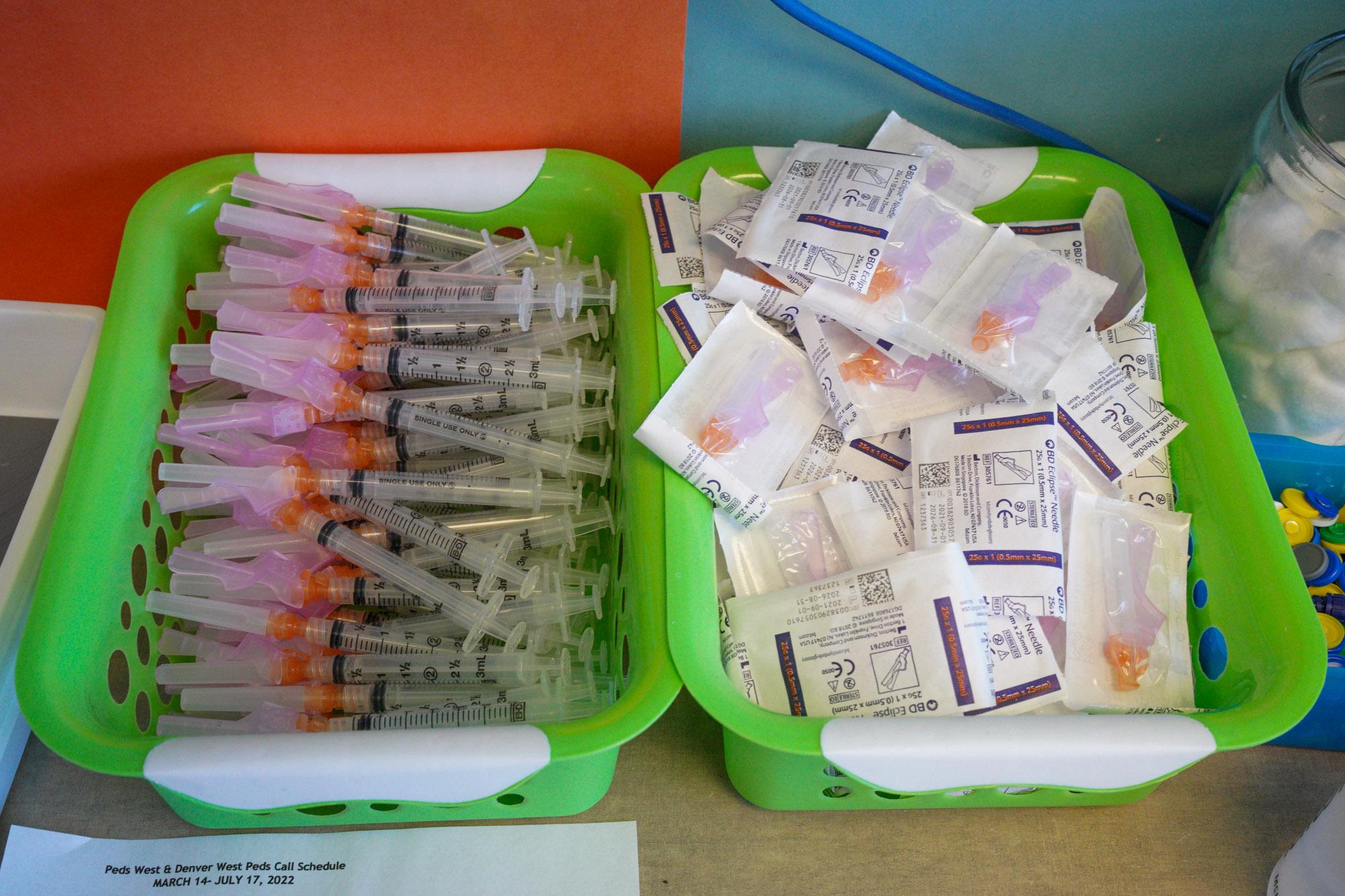
Let's say a teen needs a safe place to go for the night after a fight breaks out at home. Or they come home to no food in the fridge. Or they want to stop a fight brewing on social media.
These are all examples of how youth in Denver’s northeast can use a new mobile safety app called “Power of One” developed by a group of youth from the city’s northeast called the Game Changers with help from violence prevention experts at CU Boulder.
It is similar to the anonymous reporting system Safe2Tell, where 28,000 calls a year are routed to law enforcement and school officials. But not all youth feel comfortable using Safe2Tell because of the stigma associated with “snitching” — and concerns about possible retaliation and cynicism toward police. What’s distinct about the “Power of One” app is that the app doesn’t involve law enforcement unless there is a threat of imminent violence.
The idea is to take the best parts of Safe2Tell but have the community be the first responders to make the initial contact, said David Bechhoefer, project director for the CU Boulder-based Youth Violence Prevention Center-Denver.
Here’s how it works
Using the app, a youth requests help. There is a 24/7 response vendor to respond immediately. Imminent threats of violence are routed immediately to 911. Otherwise, the request is picked up by one of three peer navigators (a social worker student and two community youth in their 20s) who are specially trained. They triage submissions to community services in the youth’s neighborhood.
For example, if violence could arise, like a fight about to happen in a park at 2 a.m., then it goes to the Denver nonprofit, the Struggle of Love Foundation that has a team of violence interrupters. Other requests — assistance with food, shelter, clothing, tutoring, mental health, or other requests can be handled by paid peer navigators who may refer youth to other community-based organizations. The project is funded by the university’s grant from the Centers for Disease Control.
Peer navigators will also be trained on social media for disputes that may lead to violence.
The app is built for northeast Denver area youth, its creators hope it could someday be a national model.
Some youth aren’t comfortable using Safe2Tell
“Youth specifically were disappointed in how much law enforcement is ingrained with Safe2Tell, not that it doesn't need to be because Safe2Tell absolutely is a wonderful system that prevents all kinds of violence every year,” said Bechhoefer, with the Youth Violence Prevention Center-Denver.
“We’re looking for more of that upstream approach… trying to find the youth before they could head down a path where they could be reported to Safe2Tell.”

Bechhoefer’s organization is an offshoot of CU Boulder’s Center for the Study and Prevention of Violence, which has worked on violence prevention with community coalitions in the Montbello neighborhood since 2011 and in Park Hill since 2016.
The pilot project began by turning to the experts on how to confront escalating youth violence in the metro area – youth themselves. “Game Changers” include youth who sit on the center’s youth advisory councils, interns who work with community organizations, peer navigators and youth from a new program, youth justice advocates working on criminal justice reform.
Since the beginning of 2020, there have been shooting incidents involving youth 17-years-old and younger that have resulted in 180 victims and 92 suspects.
Youth are faced with multiple stressors: social media, easy access to guns, political turmoil, expensive housing, an environmental crisis and for some youth, violence or hunger at home and racism outside the home. The app is designed to help youth with a wide variety of concerns because some teens don’t feel comfortable going to a teacher or parent.
After two years of work, the pilot app was launched in July. Youth began advertising it through pop up block parties this summer hosted by a local DJ and youth serving organizations like the Park Hill Pirates. Soon, they’ll move on to school assemblies and other public presentations.
“We’re really relying on the youth to get the word out,” said Bechhoefer. “We think it's much more likely to be used if you hear about the app from other youth and then secondarily from trusted adults.”









